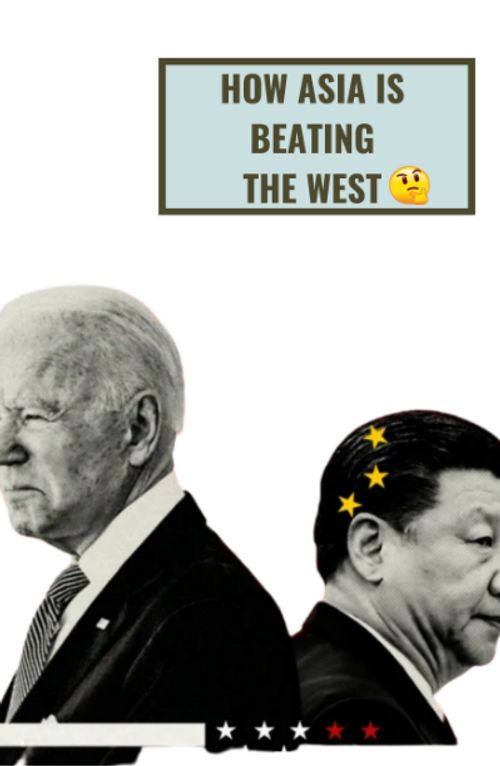3 reasons China (and Japan) are beating the US at the economic game
Jun 30, 2022 · 2 mins read
0
Share
Introduction. Eamonn Fingleton is a financial journalist known for his sharp insights on the global economy. In this Memo, discover Fingleton's argument for why China is beating the US, the three strategies the Chinese use, and how "authoritarianism is set to inherit the earth"👇
Save
Share
Fingleton brings to light three strategies that East Asians use to out-compete the US: protect the domestic market, keep the savings high, and channel the savings into cultivating superiority in worker productivity and R&D. Fingleton names this the "Confucian Model."
Save
Share
In the 90s, the Japanese protected their domestic market from American goods with straight up deception. Sony Chairman said: "The Japanese economy is on the verge of collapsing." Toyota president said: a “world-wide financial crash” would kickoff from Japan. However...
Save
Share
In truth, Sony & Toyota had booked record profits in the preceding decade. The doom talk was meant to make the US cut "some slack in trade negotiations" with Japan. It worked: "Not only did Washington back off, it has never subsequently tried any further market opening efforts."
Save
Share
China has adopted similar tactics. The second aspect of the Confucian model: discourage consumption and boost the "savings' rate." Fingleton: "Fewer than 30% of Chinese adults had at least one credit card, compared to 79% in the US." Further, the govt restricts foreign imports.
Save
Share
Fingleton: "Mortgage finance is largely unavailable in many parts" of Asia. Tight zoning means expensive housing, which means "restricted living space," which means people purchase less electricity, furniture, and home appliances. Where do the savings go? Worker productivity.
Save
Share
Employment in East Asia is often for life. This gives East Asian employers an incentive to "invest in worker skills" without the worry that their workers will be "hired away by rival employers." This gives their workers a productivity edge. The savings also go into R&D.
Save
Share
East Asian govts tolerate cartels as they have an R&D edge: “They divide up research projects among cartel members and thus minimize duplication. East Asian cartels get far more innovation for their money and this benefit is passed on to each member.”
Save
Share
In the US, rival companies waste resources on identical R&D programs, are wary of training their employees as they can be snatched up by rivals at any point, and a consumption culture steals the money that could've gone into savings and investments.
Save
Share
Bottom line: "The world is transitioning from an era when free societies did well precisely because they were free, to a new era in which authoritarian societies are doing well precisely because they are authoritarian." The Confucian Model is a powerful challenge to the West.
Save
Share
0
